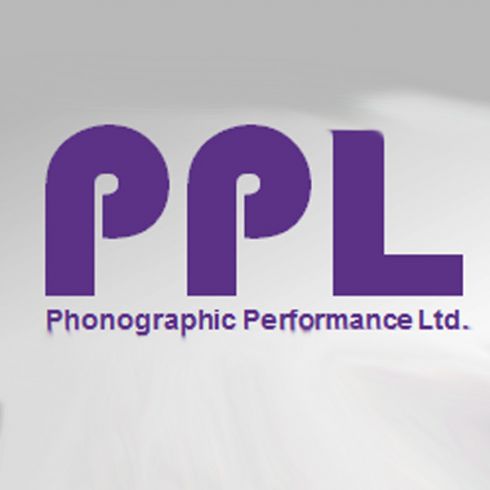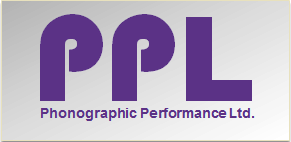

MUMBAI: Last year, Radioandmusic.com reported the story concerning how the two music rights bodies PPL (Phonographic Performance Ltd.) and IPRS (Indian Performing Rights Society) have been 'illegally' collecting money from stage organisers, as claimed by Delhi Organisers and Artists Society and Mumbai’s Organisers and Artists Welfare Trust.
Post those allegations, the Enforcement Directorate (ED) have now attached properties worth Rs. 13.04 crores of the PPL. The latest development comes while the probe related to money laundering case probe against it and the IPRS.
The agency issued a statement, “During the course of investigation, it was found that office bearers of Ms IPRS had assigned their rights to issue user licenses and collect royalties to Ms PPL on the basis of revenue sharing on per song basis. However, in connivance with IPRS and Ms Select Media Holding Pvt Ltd (SMHPL), Ms PPL indulged in criminal conspiracy and cheating and revenue due to Ms IPRS was not paid to them.
"Investigations reveal that an amount of Rs 13.04 crore was thus retained fraudulently by PPL which led to non-payment of royalties to members of IPRS which are music writers, composers, directors among others. Therefore, proceeds of crime to the tune of Rs 13.04 crore have been provisionally attached on June 6,”
The CEO of IPRS, Rakesh Nigam, spoke to Radioandmusic.com, clearing the air regarding the issue. "The attached properties concern PPL, not IPRS. This has nothing to do with IPRS." Upon asked whether the conclusion of the latest issue would anyway affect IPRS, Nigam reminded that the ED had registered PMLA (Prevention of Money Laundering Act) against IPRS in 2015.
For over two years, IPRS and PPL have been accused of collecting money from live venues and other sources but never distributed it among the music directors and lyricists. PPL acts as a copyright society that issues licences to the users of sound or music recordings for public performance on behalf of member music companies, whereas IPRS collects money for composers, songwriters and publishers whenever their work has been used on public performance from consumers like restaurants, radio stations, TV channels and other sources.
Several print media outlets have carried conflicting reports to the issue.
The members of PPL were unavailable for comment.
Check for more updates.